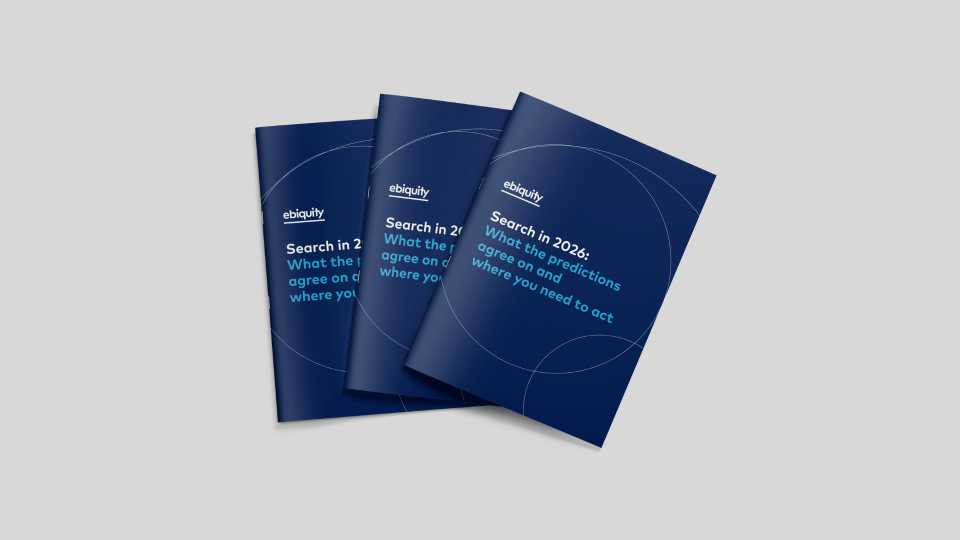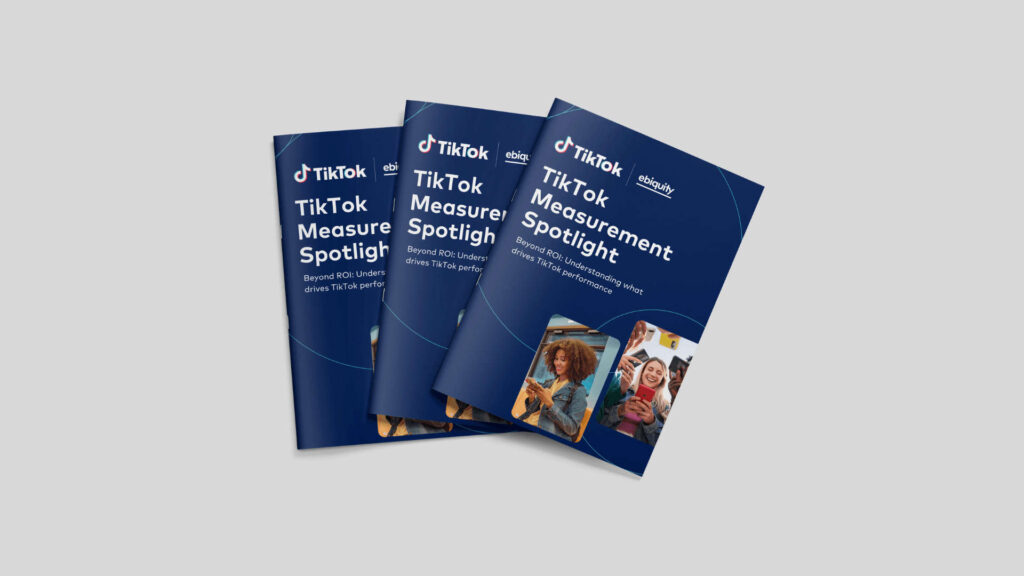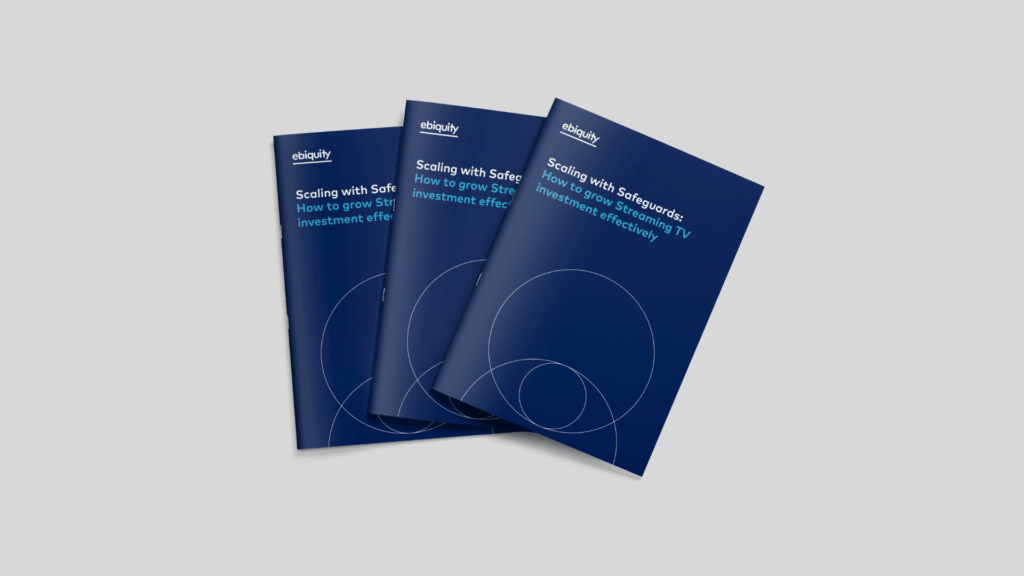As featured in Digiday, read full article here.
Google has announced it will not eliminate third-party cookies in Chrome, surprising many in the ad industry who were sceptical but expected the change due to Google’s previous commitments, despite multiple delays since 2020. Google attempted to ease concerns with grants and meetings, but doubts persisted, especially after recent tests of Google’s Privacy Sandbox alternatives failed to reassure stakeholders.
Google’s new plan, outlined in a blog post by Anthony Chavez, involves a user experience in Chrome that allows users to make informed choices about third-party trackers, but details are scarce. This has left the ad industry underwhelmed and cynical.
Ruben Schreurs, chief strategy officer at Ebiquity, expressed scepticism about the feasibility of Google’s plan, highlighting that a broad consent control for all third-party trackers does not comply with current regulations requiring specific consent. He noted that regulatory approval is uncertain, and if consent is required, it could significantly reduce the use of third-party cookies, similar to Apple’s 2021 changes.
Whilst it sounds interesting on paper, the notion of giving consumers a single broad consent control that applies to all third-party trackers across their entire web browsing experience simply does not comply with current regulations and definitions around informed specific consent.
That’s a big “if,” considering regulators would need to approve the plan — a process that, as Google’s ongoing work with the U.K.’s Competition and Markets Authority has shown, is far from easy. But even if a consensus is reached, the control Google would give users over whether to be tracked by third-party cookies would need to be opt-in.
Ruben Schreurs, chief strategy officer at Ebiquity
Expert Opinion
Jide Sobo, Head of Solutions at Ebiquity plc shares his thoughts on the latest changes to Google third-party cookies.
Despite the uncertainty, some industry leaders like Epsilon’s Loch Rose and Snopes’ Justin Wohl see potential benefits, as users would have more control over their data. Publishers who have prepared for a cookie-less future may still benefit, as noted by Grant Parker of Flashtalking by Mediaocean, who emphasized that omnichannel advertising will continue to evolve without reliance on cookies.
The announcement reflects Google’s struggle to balance privacy concerns with ad performance. Some, like Jason Bier of Adstra, predicted this outcome due to regulatory pressures. Mark McEachran of Yieldmo sees the move as a bold step towards industry certainty, even if it doesn’t provide absolute closure on the privacy roadmap for Chrome.









